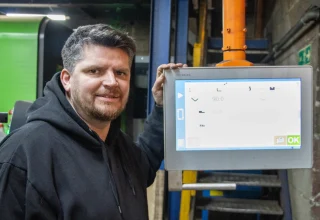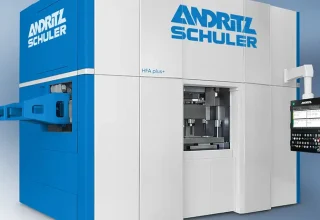
Lithium-based batteries, known for their high performance and compact design, have seen a dramatic rise in both residential and commercial/industrial applications. They are rapidly becoming essential for energy storage and usage. These batteries power a wide range of devices, from mobile phones and tools to bicycles and vehicles.
However, alongside the many advantages of using lithium batteries, there are recognised safety concerns such as a greater risk of fire and bursting. Legislation has not caught up with these technological developments and, at present, there is no unified regulation on safety and accident prevention for lithium-ion batteries.
Many insurers are now requiring businesses to put in place adequate protective measures regarding lithium-ion battery storage, handling and charging to avoid and limit damage to the batteries and protect personnel and premises. Lithium-ion batteries can develop into significant and unstoppable thermal runaway fires, so carefully considered safe storage measures are needed to address the hazards they pose.
LithiumBatteryContainers.com have developed an innovative concept for a safe, pallet-sized container that can be easily used in most applications when removing, replacing, storing and recycling lithium-ion batteries.
“When LithiumBatteryContainers.com approached Thomas Storey, we were only too happy to assist them with the design and development of a prototype container for battery storage” says Tony Ramsdale, Operations Director at Thomas Storey Fabrications Group Ltd.
The container features 50mm refractory panelling between inner and outer steel walls, under tray base and an easy-to-use lid. The lid features two gas struts and a flame arrester to prevent fire in the event of a spark.
“Our engineers designed the container to hold 4 X 60ltr UN barrels that come as standard, containing loose fire-proof Vermiculite filled chips that make transit easier and more secure. The whole container is pallet truck and forklift compatible weighing a maximum of 400kg” Ramsdale continues.
Amongst the many uses for the battery storage container will be the safe removal for servicing, replacing and recycling of the batteries on electric vehicles. There are currently over 1 million EVs in the UK (20% of new car sales in 2024) with a growing percentage of batteries coming to their end of life and need replacing/recycling.
“Our analysis shows that as the number of electric vehicles (EVs) with end-of-life (EoL) batteries is growing, the UK needs to address the crucial issue of managing EoL batteries to prevent accidents, environmental hazards and recover valuable materials. We have started receiving an increasing number of enquiries from car dealerships and EV batteries recycling plants for products such as the lithium-ion storage container produced on behalf of Lithium Battery Containers.com” Ramsdale continues.













